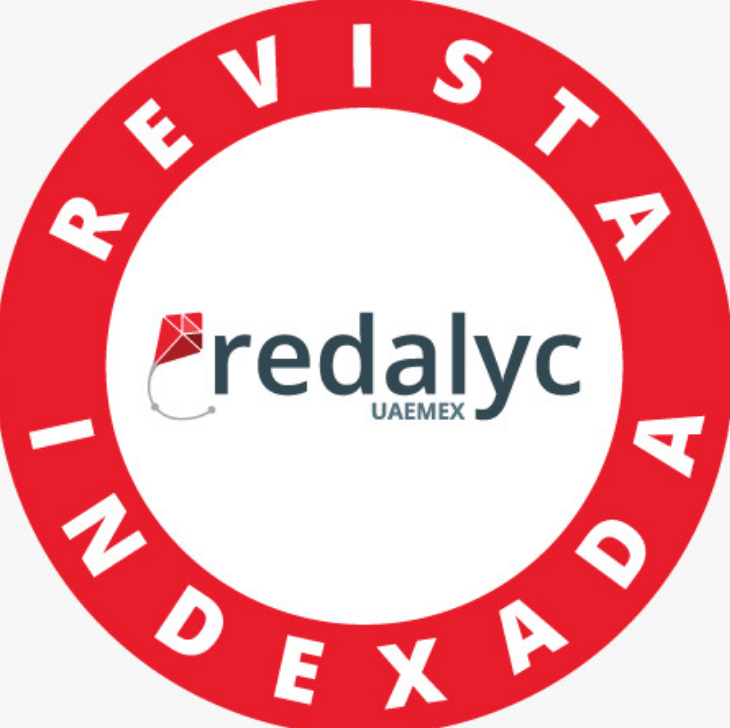Reflective Middleware for Managing Learning Connectivism in Knowledge Ecologies (eco - Connectivism)
Keywords:
Clustering (agrupamiento), Conectivismo, Ecología de Conocimiento, Entorno Personal de Aprendizaje, Middleware Reflexivo, Minería Web, Sistemas de RecomendaciónAbstract
This article describes the architecture of a reflective middleware based on autonomic computing, with the goal of managing a connectionist learning environment, modeled following the paradigm of knowledge ecologies. The middleware is able to monitor the environment consisting of a set of personal learning environments that are perceived as self-organized objects forming ecosystems. The evolution of the learning process depends on the analysis of web behavior of students, and the ecological survival scheme that promotes social relations, diversity and tolerance in socialized domain knowledge. The middleware uses web mining to characterize the behavior of the student, clustering techniques for the learning ecosystems, and a cognitive collaborative recommender system for self-adaptation process of learning strategies.
Downloads
References
G. Siemens, Knowing knowledge, Creative Commons, 2006.
A. Salem, «Intelligent Methodologies and Technologies for e-Learning,» ICETA - 10th IEEE International Conference on Emerging eLearning Technologies and Applications, pp. 331-337, 2012.
Downloads
Published
Issue
Section
License
Copyright Notice
Authors who publish this journal agree to the following terms:
- Authors retain copyright and grant the journal right of first publication with the work simultaneously licensed under a Creative Commons Attribution-Non-Commercial-Share-Alike 4.0 International 4.0 that allows others to share the work with an acknowledgement of the work's authorship and initial publication in this journal.
- Authors are able to enter into separate, additional contractual arrangements for the non-exclusive distribution of the journal's published version of the work (e.g., post it to an institutional repository or publish it in a book), with an acknowledgement of its initial publication in this journal.
- Authors are permitted and encouraged to post their work online (e.g., in institutional repositories or on their website) prior to and during the submission process, as it can lead to productive exchanges, as well as earlier and greater citation of published work.
Disclaimer
LAJC in no event shall be liable for any direct, indirect, incidental, punitive, or consequential copyright infringement claims related to articles that have been submitted for evaluation, or published in any issue of this journal. Find out more in our Disclaimer Notice.











